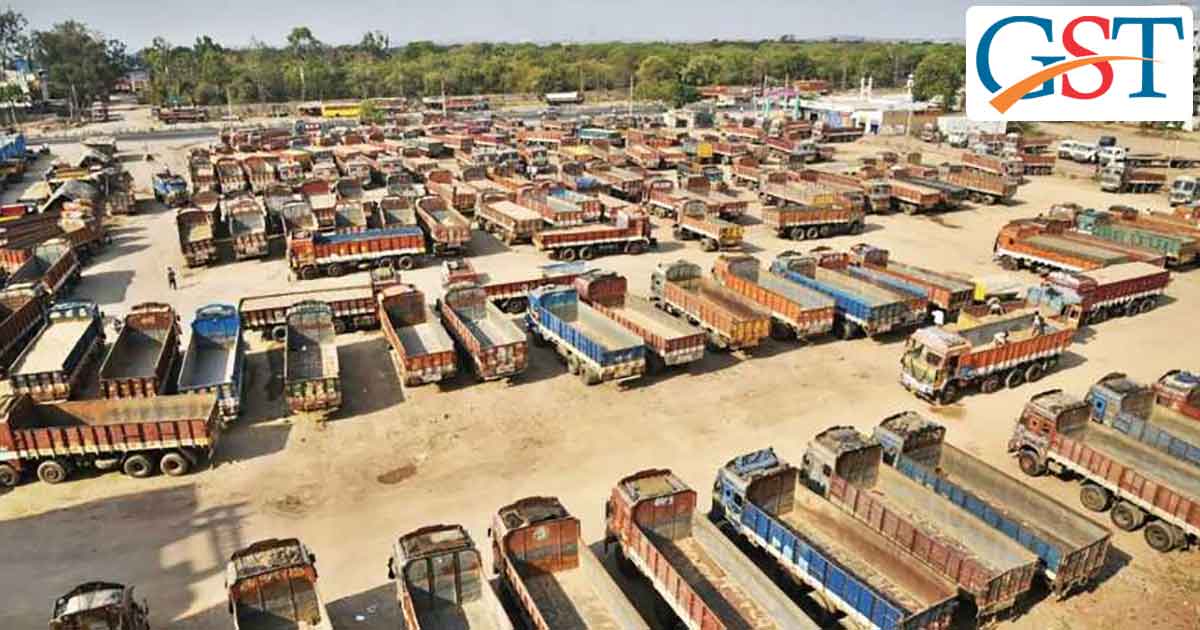All started when the MP High Court has supported the move to impose a fine of Rs. 1,32,13,683 on Gati Kintetsu Express Pvt Ltd as it failed to comply as per the requirement of the e-Way bill. In support of the company, a transport strike in India will trigger from July 20, which is a day before the 28th GST council meeting. Considering the Section 22 of SGST Act, the state tax department had informed to file Rs. 1.32 crore as a fine because the Part-B of the e-way bill is not filed fully. In response, the company said it was “due to some technical glitch on e-waybill NIC portal”.
Later, the Madhya Pradesh High Court denied the petition to accept mentioning the explanation is about technical glitches which don’t make any sense because the company had not complained regarding the same on the GST portal.
The response of the MP High Court has triggered a strike nationwide arranged by All India Motor Transport Congress starting from July 20 demanding deterrence on the problems faced in of e-way bill, which has handicapped the transport functioning. The protest is also favoured in direction of other issues like national permit issued for buses and toll barriers. The GST Council next meeting will be inaugurated on July 21.
Read Also: Gen-GST E Way Bill Software: A Complete E Waybill Solution For Transporters & Suppliers in India
The e-way bill was introduced considering the inter-state transport of goods starting from April 1. The e-way bill for intrastate transport of goods was introduced in a phased manner. The e-Way bill is needed for goods whose consignment value is equal to or more than Rs 50,000. The bill has two parts, part B contains information about goods to be transported, it is mandatory to furnish if the goods covering more than 50 Km distance.
A tax consultant mentioned, “The GST implementation saw a lot of setbacks on technology and now strikes by trade unions, a looming standstill of transportation, ie, “Nation Wide Chakkajam” could paint a picture of civil unrest within India.” He further added, “The industry is not averse to the idea of e-way bill systems as it is not new in concept to many states but what is impacting the industry is the severe penalties for non-compliances/defaults of compliance which may or may not be system driven.”
The MP HC judgment would encourage other states to be more aware while checking the consignments.
The indirect tax partner said in a statement, “Currently, in many companies, there is a confusion as to whether these compliances should be undertaken by the supply chain team or the finance/ tax teams and in the process, chances of error are high. Given these developments, treating the e-way bills as merely a ‘procedural’ requirement would be fraught with risk.”
The objective of the e-Way bill introduction was to reduce tax evasions and enhance the compliance for transport vehicles under the newly implemented Goods and Services Tax (GST). Although, the technical glitches are roadblocks in the easy compliance. The e-Way bill was first introduced on February 1, but due to huge technical problems, it was withdrawn the same day.










